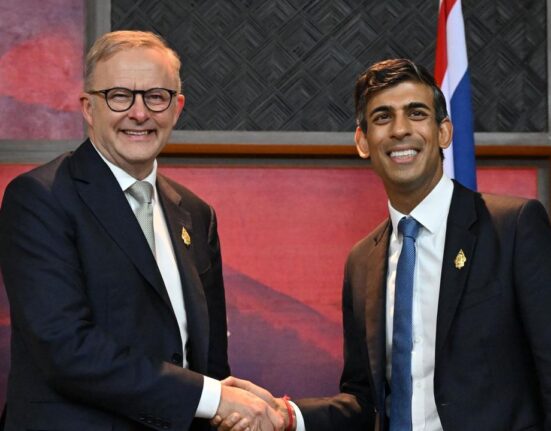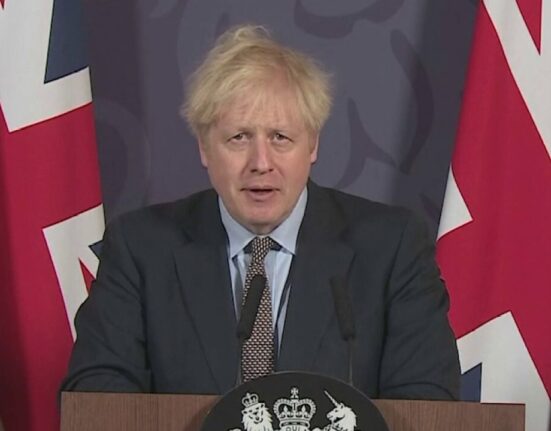In the ever-evolving landscape of international relations, one misstep can lead to a cascade of consequences. Such was the case when Peter Dutton, Australia’s opposition leader, plunged headfirst into a whirlpool of geopolitical intrigue. His premature pronouncements on a supposed Russian military presence in Indonesia set off a chain reaction that reverberated across the region and beyond.
Dutton’s blunder over Russia’s alleged request to station military aircraft in Indonesia not only exposed his lack of foresight but also highlighted Australia’s shifting position in global affairs. As political adversaries pounced on his gaffe, the underlying implications of this incident raised crucial questions about Australia’s role in a rapidly changing world order.
“Never waste a good beat-up, especially when your political opponent calls a non-event a catastrophe.”
The stage was set for Dutton’s ill-timed comments against the backdrop of broader geopolitical dynamics. With the United States under President Donald Trump retreating from its traditional leadership role, new power players like China and Russia were quick to fill the void. This vacuum of influence created opportunities and challenges in equal measure for countries across Asia and beyond.
Amidst these tectonic shifts in global politics, Indonesia emerged as a pivotal player navigating its path with strategic finesse. From hosting Soviet fighters during the Cold War to asserting its autonomy on the world stage today, Indonesia has charted a course that balances economic growth with diplomatic pragmatism. President Prabowo Subianto’s astute understanding of Indonesia’s interests underscores the country’s evolving stance as an independent actor in regional affairs.
“For perhaps the first time since 1942, we can now set our own strategic direction.”
Australia finds itself at a crossroads, liberated from historical alliances and poised to forge new partnerships based on mutual interests rather than external directives. The era of ANZUS dominance gives way to an era where Australia can carve out its unique path alongside neighboring nations in Asia and the Pacific. This newfound autonomy presents both challenges and unprecedented opportunities for Australia to redefine its place in the global arena.
As Allan Behm aptly puts it, seizing this momentous opportunity requires bold leadership, proactive engagement with allies, and a clear-eyed vision for Australia’s future role in shaping regional dynamics. The days of shadow boxing over perceived threats or dwelling on past insecurities are gone; what lies ahead is an open canvas upon which Australia can paint its strategic ambitions with confidence and purpose.
The road ahead may be fraught with uncertainties and complex dilemmas, but it also brims with promise for those willing to embrace change and adapt to emerging realities. In this transformative period of reshuffled power dynamics and recalibrated relationships, Australia stands at a pivotal juncture where decisions made today will echo far into tomorrow.
As nations jostle for influence and leverage amidst an evolving geopolitical landscape, Australia has an invaluable opportunity to assert its sovereignty while collaborating with regional partners towards shared prosperity and stability. The winds of change blow strong across oceans and borders – how Australia steers its course amid these currents will define its place in history.
It is not merely about reacting to events or posturing for short-term gains; it is about crafting a strategy that aligns with long-term national interests while fostering cooperation within an interconnected web of international relations. The Russians may not be coming as Dutton feared, but what looms on the horizon is far more consequential – Australia charting its destiny amidst turbulent seas.








Leave feedback about this